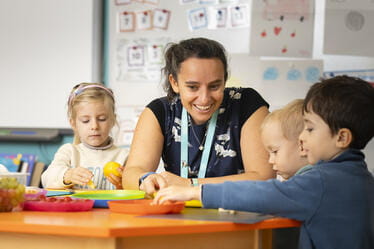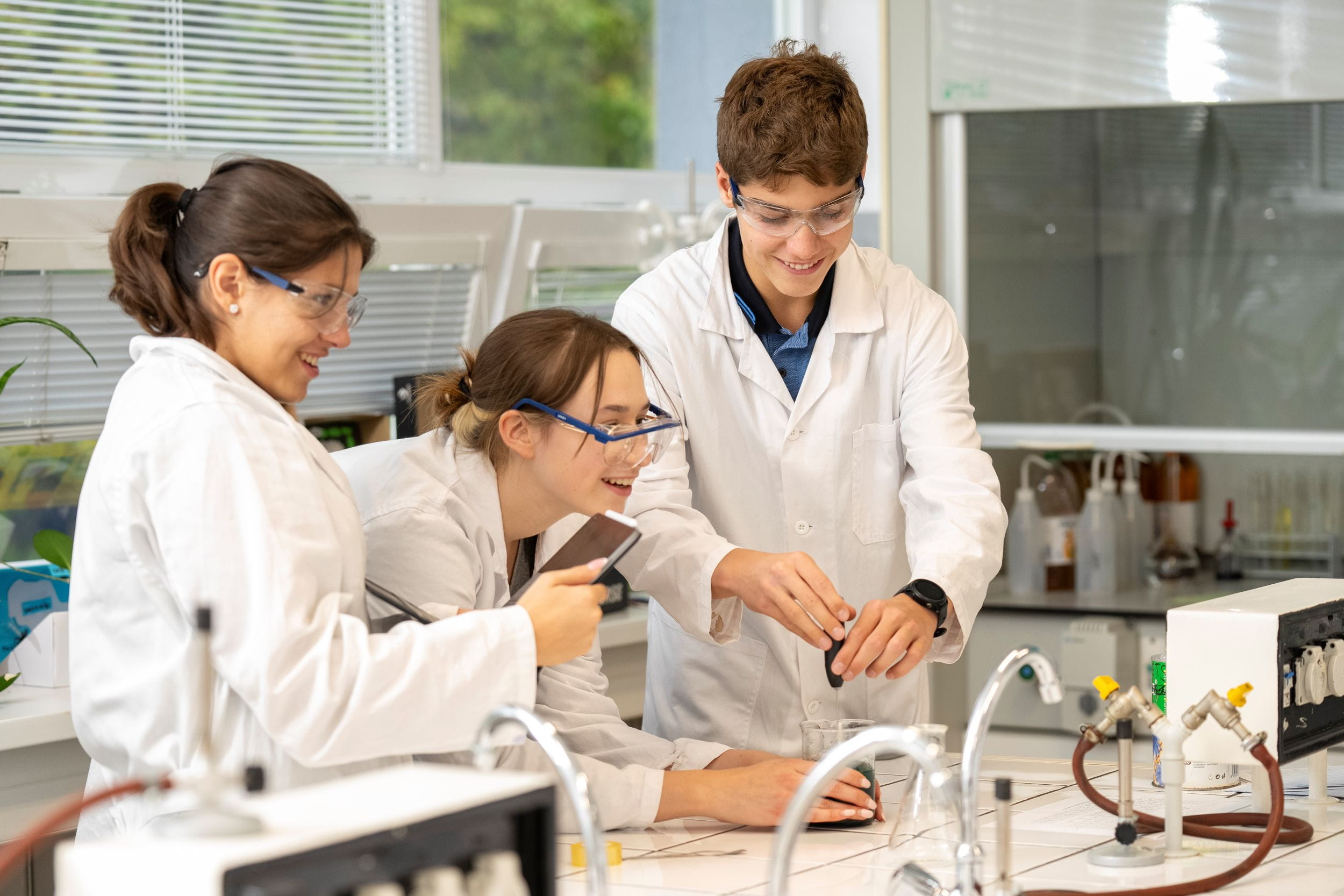In his book, Futureshock, Alvin Tofler predicts that “the illiterate of the 21st century will not be those who cannot read and write, but those who cannot learn, unlearn, and relearn.” Written over 50 years ago, Tofler was remarkably accurate in his assessment of what employers would be looking for when recruiting. Our children will be going into a rapidly changing world to do jobs that haven't been created - in order to solve problems that don't yet exist. According to the World Economic Forum (WEF), we are likely to have 12 jobs in our lifetimes, and increasingly, we will also have multiple career paths. Within five years, 44 percent of the core skills needed for a job will have changed, meaning that workers will have to retrain. It is an exciting yet uncertain future, which means that our traditional views as educators and parents need a fresh approach to preparing our children for success amid constantly shifting job markets.
In the WEF’s The Future of Jobs Report 2023, among the top skills that are important for jobs are: creative and analytical thinking; resilience and flexibility, self-awareness and empathetic listening; curiosity and life-long learning. In response to the demand from industry, universities are now offering more inter-disciplinary degree courses to develop and harness these skills. Therefore, it is vital that we, as educators, adapt our teaching and learning to ensure we also provide opportunities for our students to work on these skills.
At the BISB, we are committed to enhancing our academic and extracurricular experiences by embedding explicit skills development through our Learner Ambitions: collaborative, critical, curious, committed, compassionate and creative. Each Learner Ambition has three strengths to unpack the skill further. For example, collaborative is defined by; communicate, relate and participate. We encourage students to think about why these skills are important and how to use them to navigate a group task successfully.
At the core of the Learner Ambitions is the concept of metacognition: in simple terms, thinking about your thinking. Students who are adept at the process of self-awareness, self-management and regulation can be more independent and ultimately more successful. They are able to identify their strengths, reflect on the progress they’ve made as well as the specific areas they need to work on. They can set realistic targets for themselves and monitor the effectiveness of their processes. How this is implemented at BISB varies as students move up through the school.
In our Primary School, we have embraced our Learner Ambitions in all aspects of our curriculum, and they have now become part of everyday school life. We are also excited to be taking part in the ‘Metacognition Research Project’, run by Nord Anglia Education and the Lynch School of Education and Human Development at Boston College, USA. The project was launched in January 2024; it involves all children in Years 3 – 6 and will run until June 2025. This project aims to deepen students’ self-awareness of their own thinking processes and the learning strategies they use to achieve success. This is metacognition in action, and we are very proud here at The British International School Bratislava of being at the forefront of educational research and development.
As students move on to Secondary school, they are provided with a myriad of opportunities to continue and extend their metacognitive skills. For example, in our Global Perspectives lessons, we devote a whole unit in Year 7 to working on our collaborative skills, as this is one of the key assessment strands of the course in Years 7 to 11. Empathy is another fundamental element of the course because being able to see another perspective on an issue and develop an understanding of how different people are affected allows us to better solve complex problems. In tandem with our academic curriculum, students also participate in our CAS program, which stands for creativity, activity and service. Through termly activities, students have the chance to develop and demonstrate their skills in a wide range of ways outside of the classroom. They are usually doing something that is new to them which pushes them out of their comfort zones. To record their progress, each student also completes a reflective journal of their activities, helping to extend their metacognitive skills.
The IB Diploma Program, in Years 12 and 13, is the final rigorous test of everything students have been building throughout their time at school. The program is designed to prepare our students to be successful in a broad range of subjects, and to ensure they can take on university and life, armed with all the attributes they need.
At BISB, we are wholly committed to our students leaving our school as confident global citizens ready to make their contribution to the world. With the support of teachers and parents, our 21st century children will truly be prepared for the future.
Fiona Shanks - Head of KS4; Judith Boyd - Year 6 Teacher, and Philippa Williams - Deputy Head of Secondary School





